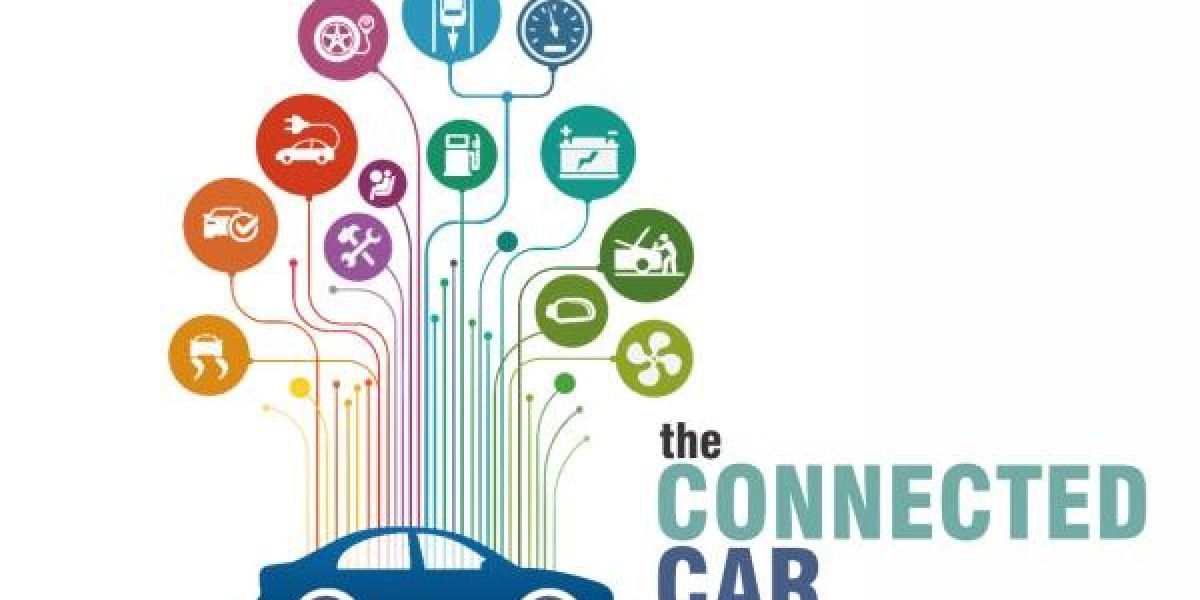Connected Car Companies Overview:
In recent years, the automotive industry has witnessed a transformative shift with the advent of connected car technology. Connected cars, equipped with internet connectivity and various sensors, are revolutionizing the driving experience, enhancing safety, convenience, and efficiency. Several innovative companies are at the forefront of this revolution, driving forward the development and deployment of connected car technology. Let's delve into some of these key players shaping the future of transportation:
- Tesla, Inc.: Tesla is synonymous with innovation in the automotive industry. Beyond its electric vehicles, Tesla has been a pioneer in connected car technology. Its vehicles are equipped with advanced driver assistance systems (ADAS) powered by artificial intelligence, enabling features such as Autopilot for semi-autonomous driving. Tesla's over-the-air software updates continuously enhance vehicle performance, safety features, and infotainment systems, ensuring that Tesla owners benefit from the latest advancements.
- Google (Waymo): While Google is not traditionally considered an automotive company, its subsidiary Waymo is a prominent player in the connected car space. Waymo focuses on developing autonomous driving technology, leveraging deep learning algorithms and extensive data to create self-driving vehicles. By integrating connectivity with autonomous capabilities, Waymo aims to revolutionize transportation by providing safer, more efficient, and convenient mobility solutions.
- General Motors (GM): GM has been proactive in embracing connected car technology through its subsidiary, OnStar. OnStar offers a range of services, including emergency assistance, vehicle diagnostics, navigation, and remote vehicle control, all accessible through a smartphone app. GM's commitment to connected cars is evident in its plans for future electric and autonomous vehicles, which are designed to be seamlessly integrated into connected ecosystems.
- BMW Group: BMW has been at the forefront of incorporating connectivity into its vehicles through its BMW ConnectedDrive platform. This platform offers features such as real-time traffic information, remote vehicle services, and concierge services, enhancing the overall driving experience. BMW's vision for connected cars extends to its development of autonomous driving technology and partnerships with tech companies to further advance connectivity and mobility solutions.
- Ford Motor Company: Ford has been investing heavily in connected car technology, aiming to enhance both driver experience and vehicle performance. Its FordPass app allows users to remotely start, lock, and unlock their vehicles, as well as access vehicle diagnostics and schedule maintenance. Ford's commitment to innovation is evident in its collaboration with tech companies to develop next-generation connected and autonomous vehicles.
- Toyota Motor Corporation: Toyota is not only a leading manufacturer of traditional vehicles but also a key player in connected car technology. Through its Toyota Connected division, the company focuses on developing data-driven solutions to improve vehicle connectivity, safety, and mobility services. Toyota's investment in connected cars underscores its commitment to delivering innovative solutions that meet the evolving needs of drivers and society.
Browse More Information:
- Qualcomm Technologies, Inc.: As a leading provider of semiconductors and wireless technologies, Qualcomm plays a crucial role in enabling connectivity in automobiles. Its Snapdragon Automotive platforms power infotainment systems, telematics, and advanced driver assistance features in connected cars. Qualcomm's solutions facilitate seamless integration of connectivity, computing, and communication capabilities, driving forward the evolution of connected vehicles.
Conclusion:
Connected car technology is reshaping the automotive industry, ushering in an era of safer, more efficient, and convenient transportation. The companies mentioned above are at the forefront of this transformation, driving innovation and pushing the boundaries of what is possible in connected mobility. As technology continues to evolve, the future of transportation promises even greater connectivity, autonomy, and sustainability, with these companies leading the way toward a more connected and intelligent automotive ecosystem.



